One of the primary reasons we homeschool is to provide our children with a solid spiritual foundation. We want them to understand the Truth and be equipped to share it with those around them. Engaging in Bible study, being inspired by Christian missionaries, and reading God’s Word are excellent preparation—not just for high school, but for life.
As we close the doors on our homeschool year, I’m busily writing up progress reports. Today’s subject: Bible. At the beginning of our fall semester, that coursework consisted mainly of an outside class and youth groups. Realizing that building a biblical foundation is the most critical part of homeschooling my daughters, we stepped it up for our spring semester.
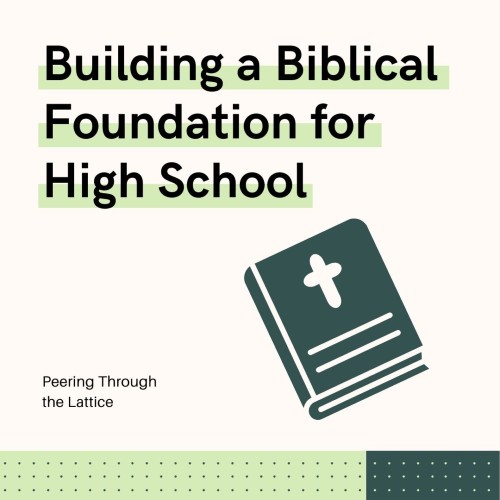
Community Bible Study (CBS)
Despite being out of town for two months and sheltering in place for another two, we’ve appreciated the consistency of Community Bible Study. For most of the year, we drove 30 minutes every Friday to attend CBS classes. While I met with other ladies, the twins met with a group of homeschooled middle schoolers, and my older daughter attended the high school class. During the rest of the week, we all completed daily Bible study homework focused on that week’s study passage.
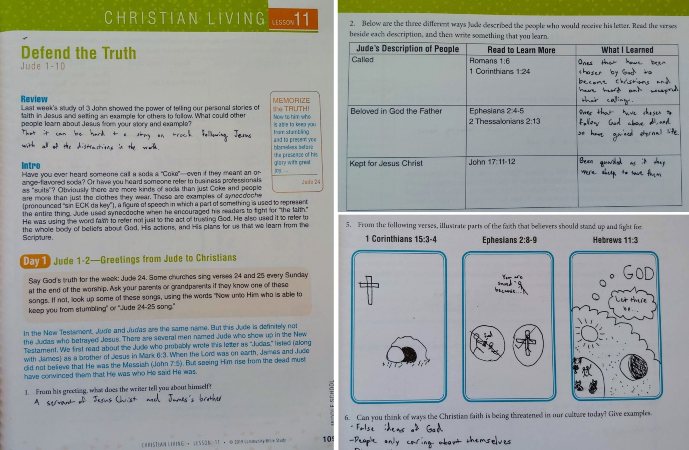
We studied a variety of short epistles from the New Testament this year: James, 1 Peter, 1-3 John, and Jude. During our six weeks in Taiwan for the Holidays, we missed the study of 2 Peter.
When COVID-19 interrupted our regular routine, the study continued. Initially, only the ladies were meeting virtually, so I went over a few lessons at home with the girls. A few weeks later, they were able to meet with their class using videoconferencing software. They even participated in a virtual game day to win prizes, which one of the teachers delivered to our house.
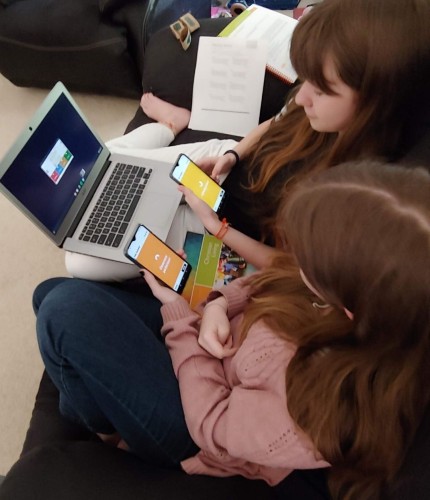
Community Bible Study is my top choice for an outside class. In addition to digging deeper into Scripture, it provides an excellent opportunity for the kids and me to build lifelong relationships with godly friends.
Missionary Stories
While concluding our study of the Eastern Hemisphere in the fall, we read two missionary biographies. The twins and I enjoyed learning how God used Mary Slessor and David Livingstone to bring the Gospel to Africa.
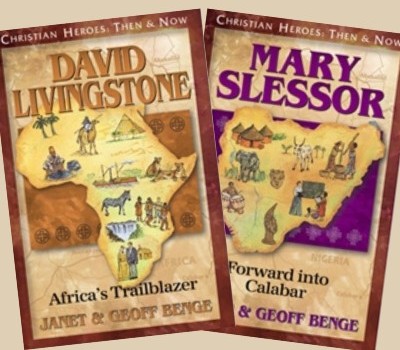
We added another book of missionary stories during our spring semester. Written by a 20th-century missionary, Venturing With God in Congo expanded on what the girls already knew of Africa from our previous study. While reading the incredible stories, their understanding of God’s sovereignty grew as well.

Adding Sonlight Bible
Because we started a new Sonlight core curriculum kit this spring, it was the perfect time to sample some of Sonlight’s Bible assignments. In the past, we often skipped over them, considering that youth group, CBS, and family Bible time was enough. On the other hand, is it possible to study the Bible too much?
Eagerly, I picked up the BBC Manual: Turning Your Bedroom into a Bible College. After taking several weeks to read the instructional sections of it with the girls, I was excited to let them start digging into passages on their own. They enthusiastically identified keywords, searched for cross-references, and gleaned new insights from familiar passages. In the fall, they will continue practicing this and other methods of Bible study using the BBC Manual.
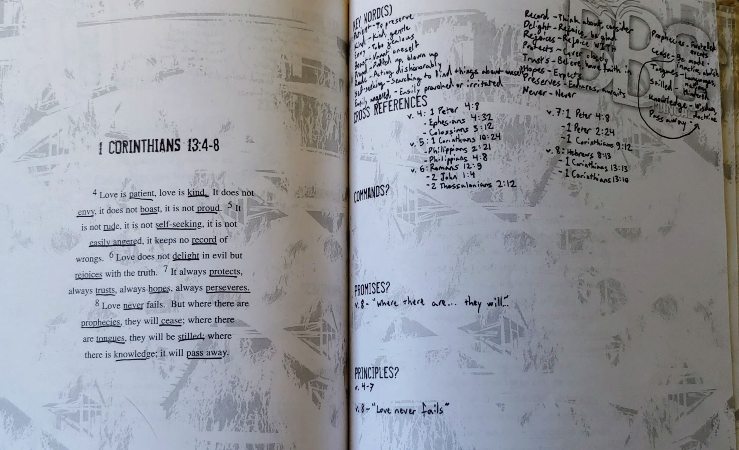
One day each week, I read aloud to the girls from a Christian book. In “But Don’t All Religions Lead to God,” we explored the uniqueness of Christianity among world religions. Next, we picked up How to Stay Christian in High School, which reimagined the stories of Bible figures like Mary, Daniel, and Timothy in a modern context.
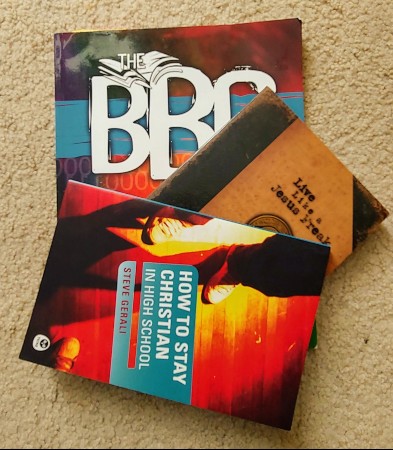
As our school year ended, we had just started reading Live Like a Jesus Freak. We look forward to picking up where we left off in the fall.
Daily Bible Reading
Since we were trying out the books in Sonlight’s Bible curriculum, why shouldn’t we also attempt the recommended Bible reading? Using the Bible app on our phones, this was easy to implement. I looked for plans that covered a particular book of the Bible at the pace of a chapter a day. While signing up for the plan, I sent the girls an invitation to read along with me.
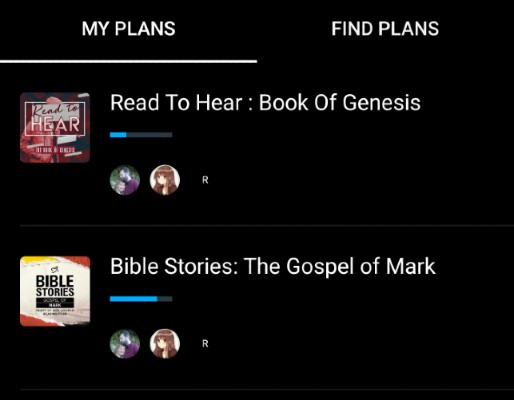
Every morning before breakfast, the girls come downstairs, grab their phones, and complete the day’s reading. So far, they have read Genesis, Exodus, Matthew, Mark, Luke, and Acts. One of the girls has become so fascinated with Biblical names that whenever she comes upon a new one, she copies it down and looks up its meaning. Her list is continually growing.
Grading Bible Coursework
Assigning a grade for Bible seems weird. To me, it’s more than a school subject. To give a fair assessment, I considered what I hoped the girls would achieve this year. Did they complete their Bible study lessons? Yes. Were they actively participating and engaging with our readings? Absolutely. Are they able to study a passage of Scripture on their own? Clearly, they can. Have they developed a habit of daily Bible reading? They certainly have. Can they connect biblical principles with everyday life? Unquestionably.

Having met and surpassed my expectations this year, they’ve certainly earned A’s.
Do you assign your kids a grade for Bible? Please share your thoughts in the comments.